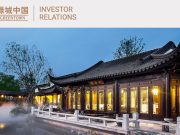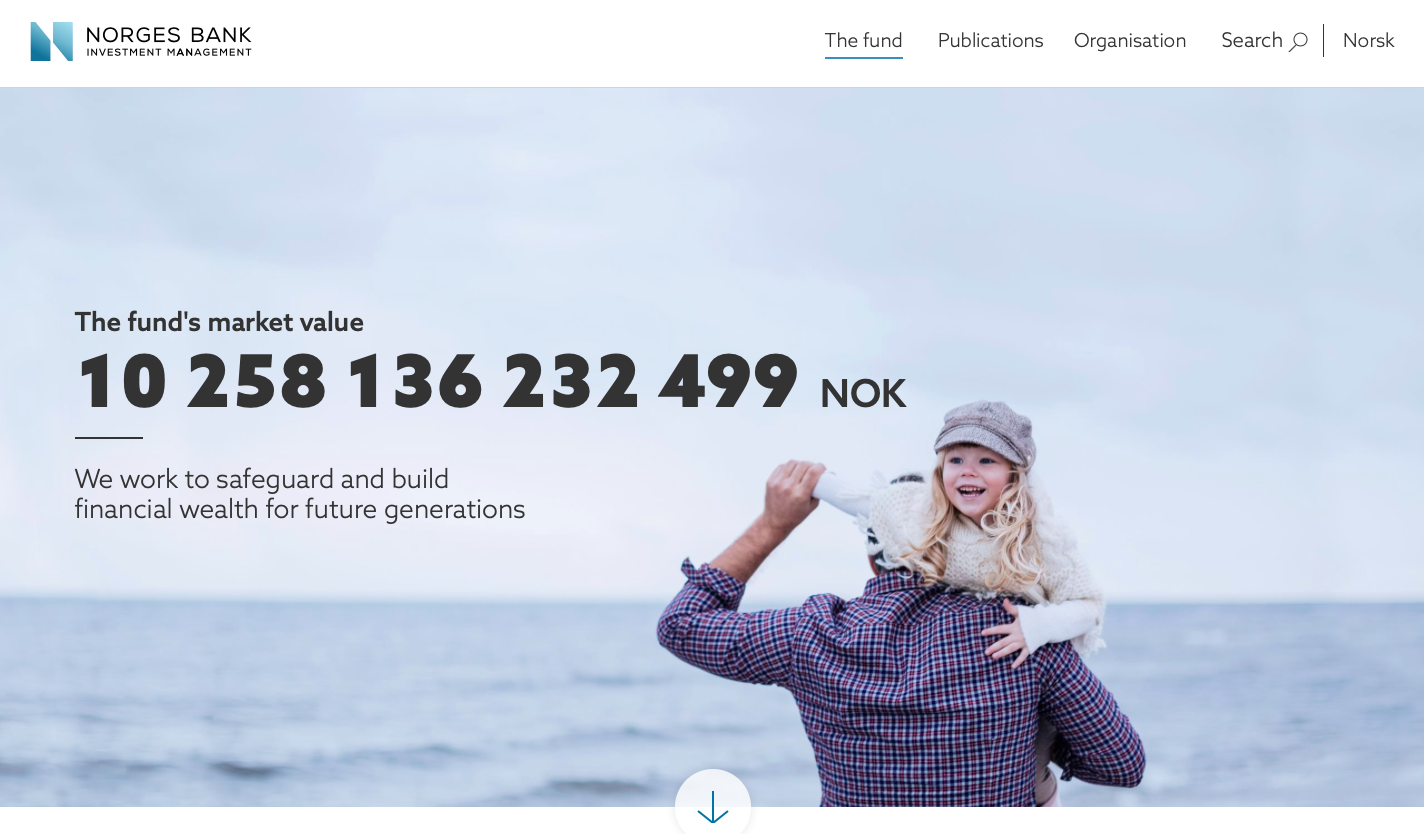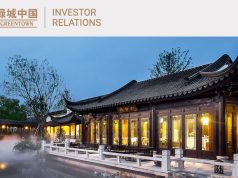Credit Suisse Succession Planning Study 2022: Most Popular Succession Plan is to Handover to Family or Employees, Key Issues Include Strategic, Tax, Financial & Preparations
3rd September 2022 | Hong Kong
Credit Suisse & University of St. Gallen (Center for Family Business) has released a study on company succession, surveying more than 150 entrepreneurs on succession planning. The most popular succession plan is to handover to family (50%) or employees. The Credit Suisse / University of St. Gallen Succession Planning Study (Company Succession in Practice) also revealed that preferred succession options often turns out to be unfeasible, and entrepreneurs should prepare for this including a listing on a company exchange. Factors driving succession planning includes misfortune, pressure from competitors, entrepreneur’s own family, business partners, with 80% of company handovers taken place over the last 10 years being driven by age or health concerns (the handover of the company mainly drags on until the last possible moment). 6% of respondents had brought forward the succession plan due to changes in the economic environment (COVID-19). 75% of respondents identified tax as an important issue and 40% of entrepreneurs see a need to have external specialists for strategic preparations for a company handover and financial questions. Many entrepreneurs reaching the end of their tenure find it heart-wrenching to simply walk away from their business (many continue to play a role in the company after the handover). 50% of the outgoing generation still spend at least 1 hour a week in their former company even 2 years after the succession. 27% of entrepreneurs stated that they had experienced moments of conflict during the succession process.
“ Most Popular Succession Plan is to Handover to Family or Employees, Key Issues Include Strategic, Tax, Financial & Preparations “
Credit Suisse & University of St. Gallen Succession Planning Study:

Key Highlights:
- The most popular succession plan is to handover to family (50%) or employees.
- Preferred succession options often turns out to be unfeasible, and entrepreneurs should prepare for this including a listing on a company exchange.
- Factors driving succession planning includes misfortune, pressure from competitors, entrepreneur’s own family, business partners
- 80% of company handovers taken place over the last 10 years being driven by age or health concerns (the handover of the company mainly drags on until the last possible moment
- 6% of respondents had brought forward the succession plan due to changes in the economic environment (COVID-19).
- 75% of respondents identified tax as an important issue
- 40% of entrepreneurs see a need to have external specialists for strategic preparations for a company handover and financial questions
- Many entrepreneurs reaching the end of their tenure find it heart-wrenching to simply walk away from their business (many continue to play a role in the company after the handover).
- 50% of the outgoing generation still spend at least 1 hour a week in their former company even 2 years after the succession.
- 27% of entrepreneurs stated that they had experienced moments of conflict during the succession process.
Key Study Findings
- 2/3 of entrepreneurs who had been running business in the last 10 years have already thought about their own succession
- 15% already having put the succession planning mechanism in place
- Entrepreneurs find letting go of their own company a difficult thing to do (Life’s work)
- 80% of company handovers taken place over the last 10 years (Driven by age or health concerns, i.e. the handover of the company mainly drags on until the last possible moment)
Handover Type: Baton Change, Phased Transfer
- Handover of company leadership & ownership can essentially be broken down into 2 types of succession sequences
- 1) “Baton change,” where both management and ownership of the company are transferred at the same time
- 2) Phased transfer of both roles (Management, Ownership)
- Baton Change: 6 years between the succeeding party joining the company to the completion of the succession process
- Phased Transfer: typically takes 14 years on average
- Key finding: Satisfaction expressed by incoming bosses: No significant difference between the “baton change” and the phased handover approach.
Preferred Handover to Inner Circle (Family, Employees)
- Swiss corporate landscape is densely populated by family-owned companies
- Most Popular: Family solution is arrived at in more than 50% of company handovers
- Second-most popular: Handover to employees
Selecting Successor
- A handover to someone in their inner circle has the obvious attraction of this person being familiar with the future vision of their predecessor
- Choice of successor often falls on intrinsically motivated individuals
- Key characteristics of a successor are typically a belief in the success of the business idea and a close association with the company and its workforce
- Lesser importance for the party deciding to take on the reins of the company is the aspect of social recognition
- Mix of motivations is likely to be popular with the outgoing boss too, who will be keen to ensure that the company ends up in the right hands
Entrepreneur Involvement
- Many entrepreneurs reaching the end of their tenure find it heart-wrenching to simply walk away from their business (Many continue to play a role in the company after the handover)
- 50% of the outgoing generation spend at least 1 hour a week in their former company even 2 years after the succession
- The presence of the transferring party can be of benefit to their successor: More than 50% of surveyed successors stated that they could still count on the advice of the previous owner when confronted with difficult decisions
- Entrepreneur’s presence can also be an obstacle to genuine entrepreneurial independence
- Clear division of tasks ~ Around 75% of surveyed entrepreneurs this is very important if a handover process was to be successful.
- Tensions during the handover process are not uncommon
- 27% of entrepreneurs stated that they had experienced moments of conflict during the succession process
Marie Klein, Doctoral Student & Research Associate at CFB-HSG, University of St. Gallen (Center for Family Business):
“ As the incoming party, you have to weigh whether the benefit of being able to draw on the experience of your predecessor outweighs the negatives of unwanted influence and the associated potential for conflict “
Company Succession Issues
- Various topics can be addressed as necessary specialist knowledge in one’s own company is often limited
- Not enough time to process
- External assistance is required
- 75% of respondents identified tax as an important issue
- 40% of entrepreneurs see a need to have external specialists for strategic preparations for a company handover and financial questions
- External assistance can play an important role in structuring succession topics and reducing their complexity
Prof. Thomas Zellweger, Director of the CFB-HSG, University of St. Gallen (Center for Family Business)
Financial planning at an early stage increases the freedom of maneuver enjoyed by the outgoing entrepreneur, for example when it comes to optimizing pension potential in a way that does not place a short-term financial burden on the company
Succession Plan: Unforeseen Events
- Preferred succession option often turns out to be unfeasible
- Entrepreneurs should review various different succession options so that they are prepared for such an eventuality
- Unforeseen events can also impact the timing or the structure of a company handover.
- Consider listing on a company exchange
- Changes in the economic environment against the backdrop of the coronavirus pandemic motivated many entrepreneurs to bring forward their company handover – 6% respondents brought forward the succession plan
- Other factors: Misfortune, pressure from competitors, entrepreneur’s own family, business partners
Pascal Zumbühl, Economist at Credit Suisse
“ Although the surveyed entrepreneurs generally expressed skepticism toward the idea of company exchanges, going down the platform route also has its benefits. Registering on an exchange has the effect of increasing the visibility of the company, as it brings a company into contact with a much wider potential acquisition base.”
Timing of Handover

About the survey
For the fourth time – following on from previous editions in 2009, 2013, and 2016 – the Center for Family Business of the University of St. Gallen (CFB-HSG) and Credit Suisse have published a joint study on the theme of corporate succession at Swiss companies. In line with previous editions, the latest study is based on a survey of entrepreneurs: More than 150 small and medium-sized enterprises (SME) and large companies with more than 250 employees participated in the survey. The surveyed institutions are companies that have implemented a succession solution within the last decade, and/or at which a transition is likely in the coming decade. While these two temporal restrictions are an obstacle to direct comparisons with earlier results, they have the effect of increasing the quality of results, as the survey focuses on companies that view the issue of succession as particularly relevant. The survey was conducted by Credit Suisse in March and April 2022 on an anonymous basis. The anonymized data was then prepared and evaluated jointly by CFB-HSG and Credit Suisse.
Sign Up / Register
Caproasia Users
- Manage $20 million to $3 billion of assets
- Invest $3 million to $300 million
- Advise institutions, billionaires, UHNWs & HNWs
Caproasia Platforms | 11,000 Investors & Advisors
- Caproasia.com
- Caproasia Access
- Caproasia Events
- The Financial Centre | Find Services
- Membership
- Family Office Circle
- Professional Investor Circle
- Investor Relations Network
Monthly Roundtable & Networking
Family Office Programs
The 2025 Investment Day
- March - Hong Kong
- March - Singapore
- July - Hong Kong
- July - Singapore
- Sept- Hong Kong
- Sept - Singapore
- Oct- Hong Kong
- Nov - Singapore
- Visit: The Investment Day | Register: Click here
Caproasia Summits
- The Institutional Investor Summit
- The Investment / Alternatives Summit
- The Private Wealth Summit
- The Family Office Summit
- The CEO & Entrepreneur Summit
- The Capital Markets Summit
- The ESG / Sustainable Investment Summit









































